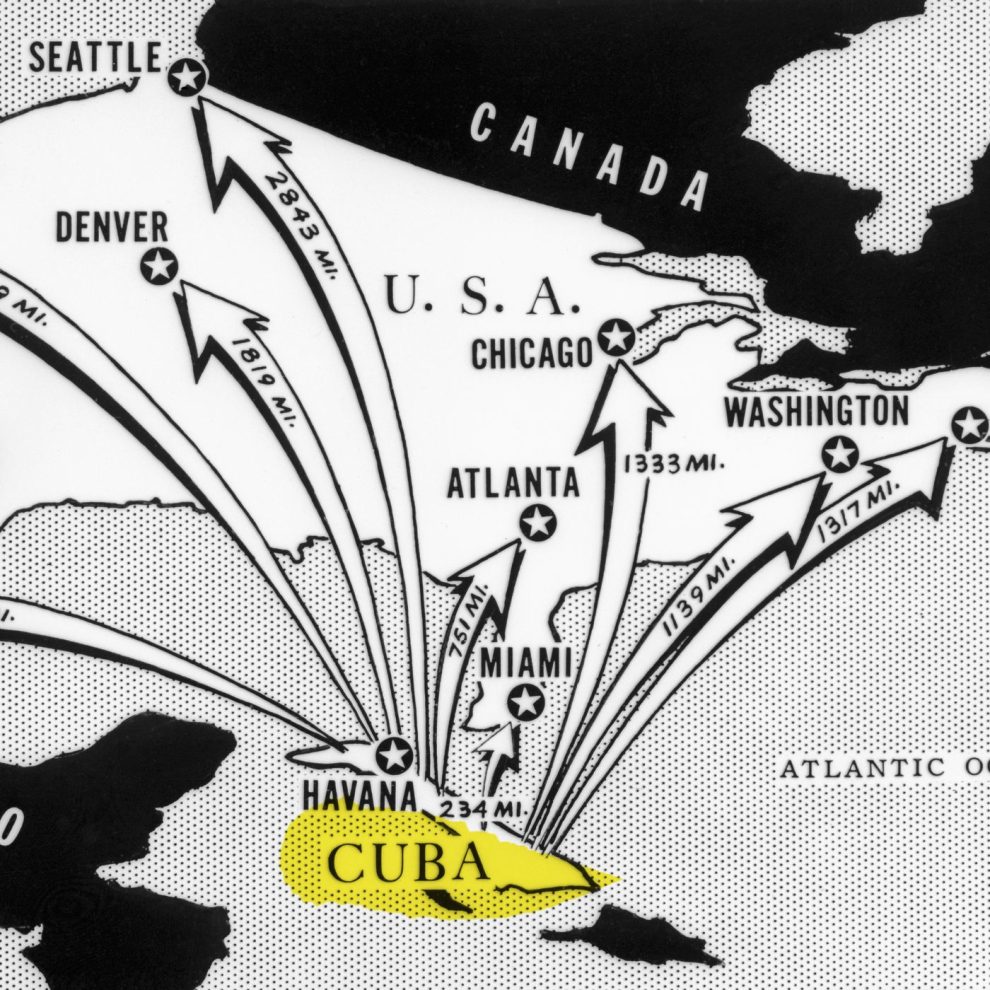The island nation of Cuba has been facing a severe economic crisis known as the Cuba Crisis. This crisis has had far-reaching consequences for the country, affecting its economy, social fabric, and political landscape. In this article, we will delve into the factors that have contributed to the Cuba Crisis and examine its implications on various aspects of Cuban society.
Historical Background: To understand the current economic crisis in Cuba, it is important to consider its historical context. Following the Cuban Revolution in 1959, the country underwent significant changes, including the nationalization of industries, land reforms, and the establishment of a socialist system. Cuba’s economy became heavily reliant on subsidies from the Soviet Union, but with the collapse of the Soviet Union in 1991, Cuba lost its major source of economic support.
Factors Contributing to the Crisis:
- Dependency on Imports: Cuba relies heavily on imports for essential goods such as food, fuel, and raw materials. The lack of diversified domestic production has made the country vulnerable to external shocks, including trade embargoes and fluctuations in global commodity prices.
- U.S. Embargo: The United States has maintained an economic embargo on Cuba for decades, severely restricting trade and economic relations between the two countries. This has limited foreign investments, access to financing, and hindered Cuba’s integration into the global economy.
- Inefficient Centralized Economy: The centralized economic system in Cuba, with state control over most industries, has stifled innovation, productivity, and efficiency. This has resulted in a lack of competitiveness in international markets and hindered economic growth.
- Demographic Challenges: Cuba faces demographic challenges, including an aging population and a low birth rate. This places additional strain on the country’s healthcare and social security systems, further exacerbating the economic crisis.
Implications and Social Consequences:
- Economic Hardship: The Cuba Crisis has resulted in severe economic hardships for the Cuban people. Shortages of basic goods, inflation, and limited job opportunities have significantly impacted their quality of life.
- Brain Drain: The lack of economic opportunities and limited personal freedoms have led to a significant brain drain, with many skilled professionals leaving the country in search of better prospects elsewhere. This exacerbates the human capital shortage and hampers economic development.
- Social Inequality: The economic crisis has widened the gap between the rich and the poor, leading to increased social inequality. Those with access to remittances or involvement in the tourism sector have fared better than others, exacerbating social divisions.
Government Responses and Future Outlook: The Cuban government has implemented certain measures in response to the crisis, including economic reforms such as allowing limited private sector activity and encouraging foreign investment. However, the pace and extent of these reforms have been slow, and there are concerns about the government’s commitment to deeper structural changes.
The future outlook for Cuba’s economy remains uncertain. The government faces the challenge of balancing economic liberalization with maintaining social stability and preserving the socialist principles upon which the country was founded. International support, increased foreign investments, and domestic policy reforms will be crucial in determining Cuba’s path to recovery.
The Cuba Crisis presents a complex set of challenges for the island nation, stemming from a combination of historical, political, and economic factors. Overcoming these challenges will require a multifaceted approach, including comprehensive economic reforms, increased international engagement, and addressing social inequality. The path to recovery for Cuba will be a long and arduous one, but with the right strategies and support, there is hope for a brighter future



















Add Comment